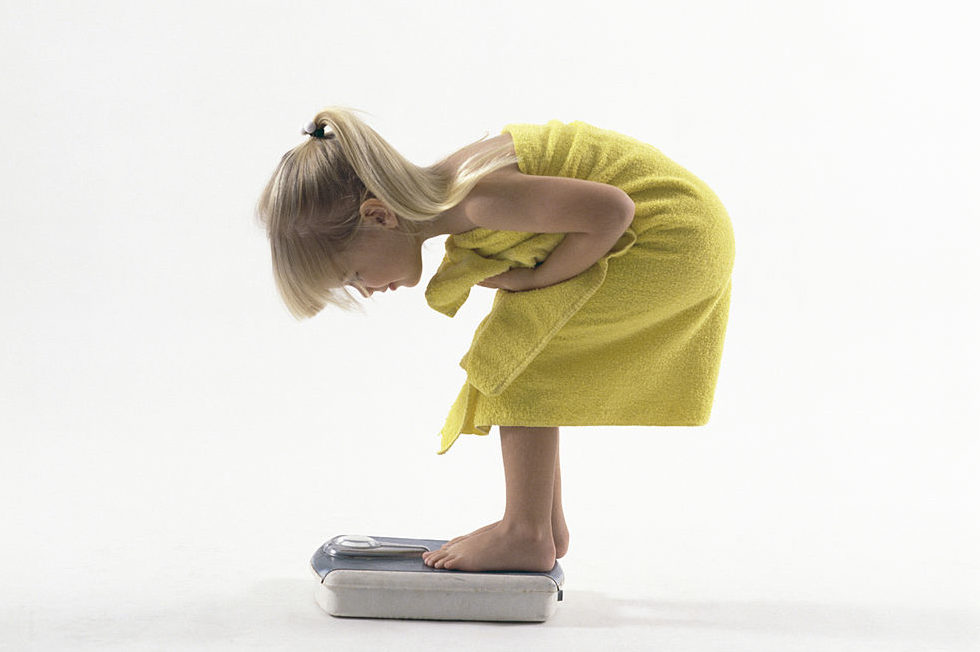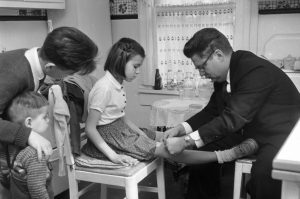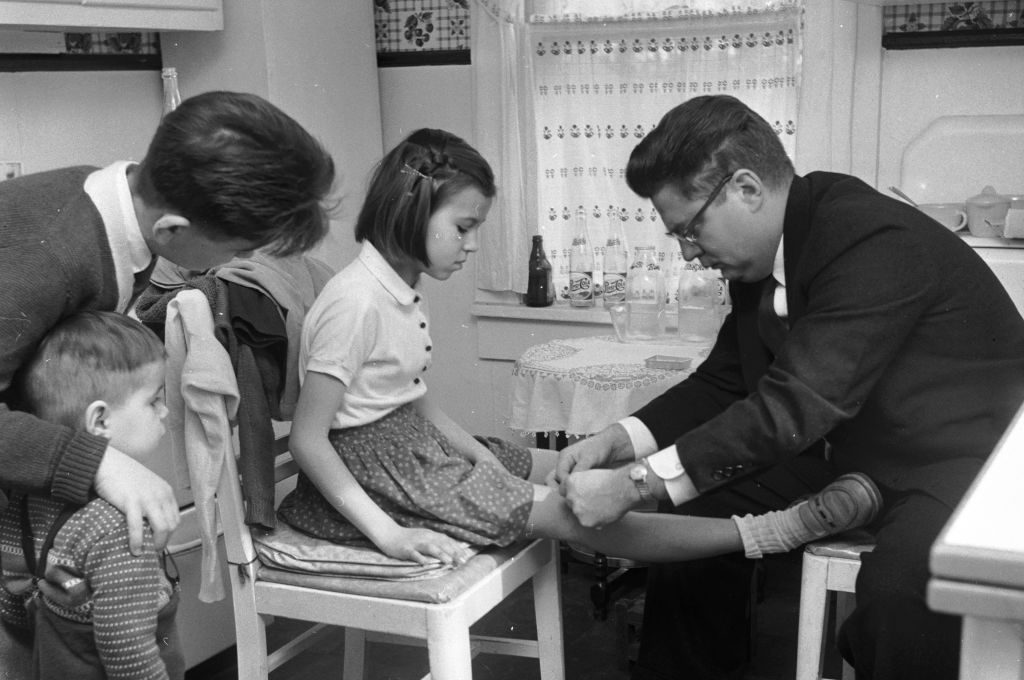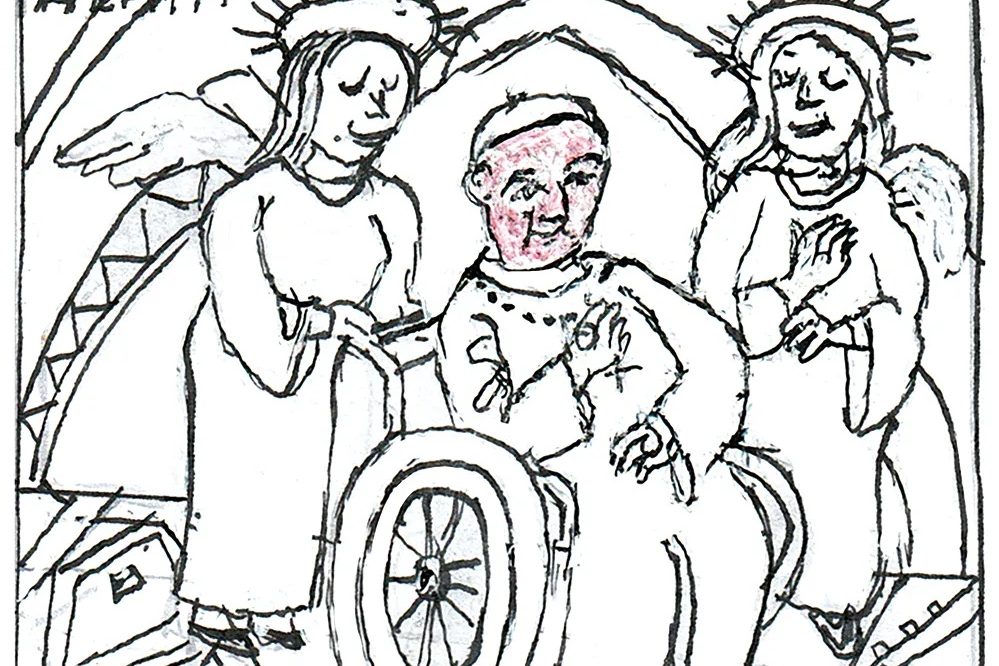The American Academy of Pediatrics has released new guidelines on childhood obesity, advocating that children receive medication and even surgery as early as twelve years old to avoid long-term health consequences.
The authors of the new guidelines argue against the historical belief that obesity can be overcome exclusively by lifestyle changes. They say that doesn’t adequately address “socioecological, environmental and genetic influences” that affect children.
Childhood obesity rates, however, are higher than they’ve been in fifty years — and genetics didn’t cause the concerning rise. The most obvious changes in the Western lifestyle since then have included a massive increase in processed foods and the integration of the internet into everyday life. Studies find that increased use of social media and online devices are correlated with childhood obesity.
Rather than attempting to “quick-fix” children, we should be providing more education for parents about the importance of physical activity, healthy eating and monitoring of screen time. As with most negative cultural trends affecting children, committed and involved parents are key.
But these guidelines are part of an attempt by power-thirsty health experts and money-hungry pharmaceutical companies to wrest control from parents and lead vulnerable children toward temporary, unnatural solutions that could damage their growing bodies.
To teach a child the importance of caring for their body through physical movement and healthy foods will benefit them for a lifetime. By telling them that costly, risky and unnatural solutions are required to “fix” them ignores the miraculous way our bodies were created to thrive in nature and nourishment.
Wayward health professionals already convince teens that their awkward body feelings mean they may be transgender and that wholeness is just a pill and a surgery away. They’re doing the same thing with obese children now.
It’s no surprise to find a social justice movement at the heart of these new guidelines. The AAP is known for their anti-science views on masking young children and supporting gender transition in teens. The organization names racism, poverty, immigrant status and adverse childhood experiences, or ACEs, as overlooked aspects of childhood obesity.
While it may be true that more children affected by these things are obese, it doesn’t mean the answer is more pharmaceuticals and body alteration via risky surgeries. The downsides of trusting Big Pharma are well known and creating more reliance on these companies is unwise. These methods will only prolong the deeper problems on which obesity is built.
We need only look at the adult population to understand. Since 2000, the adult obesity rate in the United States has increased from 30.5 percent to 41.9 percent. Severe obesity increased from 4.7 percent to 9.2 percent. Adults have access to pills and surgeries, but these resources aren’t creating healthier people. The least obese country in the world is Japan, where they have healthier diets and significantly more active lifestyles.
Some will argue that we’ve tried lifestyle changes. Former first lady Michelle Obama’s “Let’s Move” program was a valiant effort to motivate positive changes in kids across the country — but mandates and top-down government programming will never be the answer.
We know that poor children are more likely to be obese. This means a battle for their health starts not just in the home, but also in their larger environments.
Some advocate taxing unhealthy foods, but this is not the way. Empowering citizens in their local neighborhoods by providing plenty of outdoor activities for walking, biking and recreation is a good first step. Surrounding kids with loving, caring adults and mentors will also go a long way in influencing their choices on food and exercise.
There are also organizations like Jennifer Garner’s Once Upon a Farm, which partners with Save the Children, to provide nutritious meals to “food insecure” communities. There are also a ton of “urban gardening” organizations across the country that exist to help “build sustainable communities” that aren’t so reliant on grocery stores or quite as affected by shifting economies. Increasing funding and support for these kinds of organizations could be extremely fruitful.
As with so many other things, better homes and communities begin with stronger families. Incentivizing marriage before parenthood immediately reduces the chance of poverty and lowers the risk of adverse childhood experiences. It creates happier, healthier individuals, which, in turn helps communities and societies flourish in a multiplicity of ways. All this relates back to childhood obesity.
The only way to fix the childhood obesity issue is to get at the root of the problem. Otherwise, it will continue to multiply. Slow cultural change through parental education, family togetherness and empowered communities will ultimately be the answer.

























